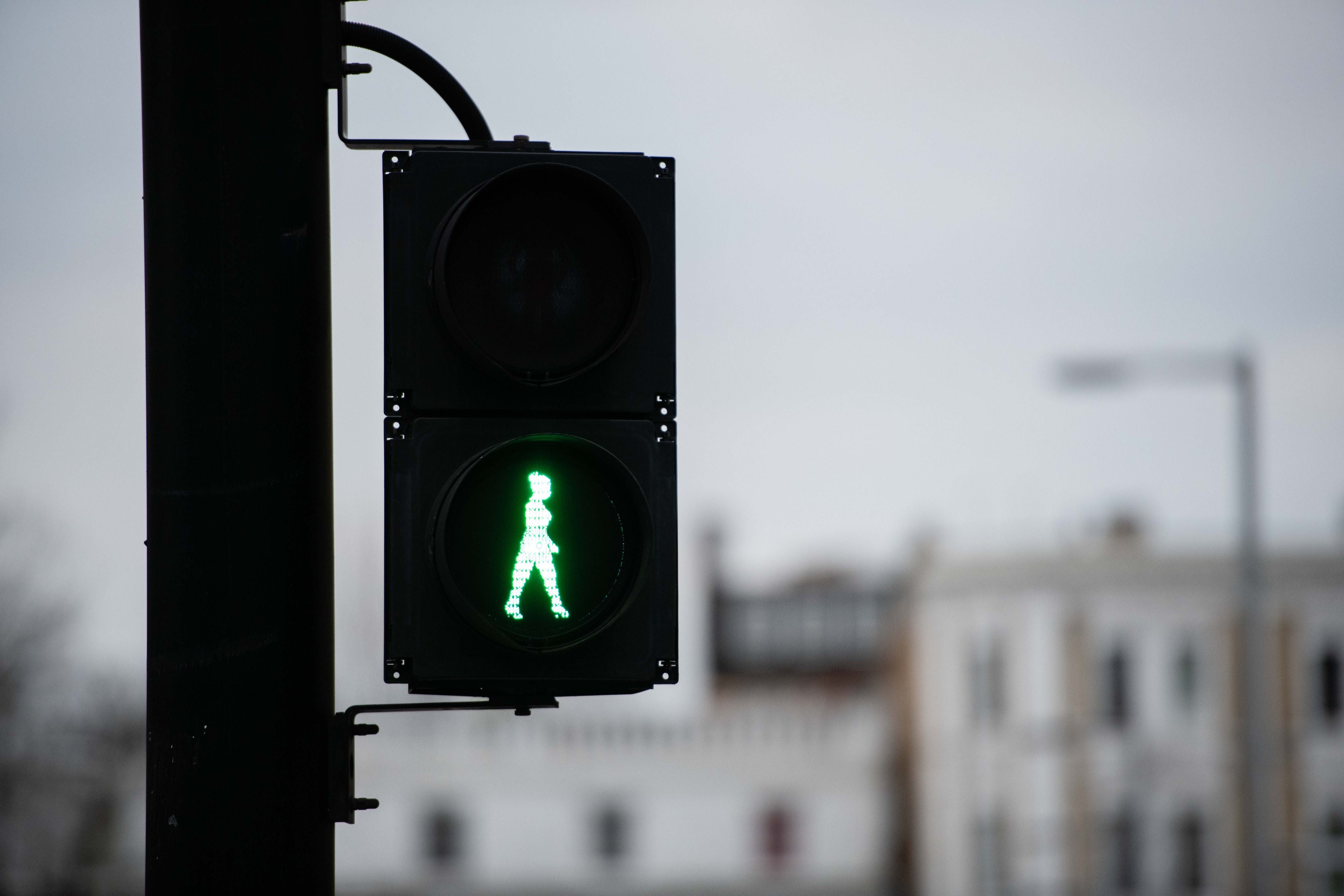Women need emergency savings now more than ever
Extra funds aren’t just for rainy days or broken boilers; they are about the freedom to leave bad situations

This pandemic has shone a brutal light on women’s financial inequality at the same time as it deepened those inequalities.
Existing gender pay gaps, savings gaps and pensions gaps have been exacerbated by the crisis, with research from PwC showing women have lost their jobs at a higher rate than men in the world’s wealthiest countries.
Women are over-represented in the industries most impacted by the crisis, such as childcare, retail, hospitality and beauty. And women have taken on the majority of the homeschooling demands of the last year, even if they were still working.
There’s now a very real risk that the economic scarring of the pandemic will be far deeper for women. And that in turn can have a very real impact on their freedom and ability to leave bad situations.
So now is the time for women to focus on building an emergency fund, not just for the daily difficulties like unexpected bills or a broken boiler – but as an escape fund, a freedom fund. Or what some people are calling a “f***-off fund”.
“Having a f***-off fund gives anyone, regardless of their gender, [the ability] to make choices about situations they are in,” says Jeannie Boyle, executive director and chartered financial planner at EQ Investors.
“It is particularly important for women as we tend to earn less, have higher costs and are more likely to find ourselves in situations we need to escape from. Having savings in the bank gives you the freedom to leave jobs or relationships that no longer work.
“Domestic violence overwhelmingly impacts women so this money can be a lifeline out of a dangerous situation.”
Fall-back fund
Clearly many women already believe in the importance of a f***-off fund. Research carried out by Fidelity International shows that more than a fifth of women have secret savings to give them financial support if their relationship ends.
Get a free fractional share worth up to £100.
Capital at risk.
Terms and conditions apply.
ADVERTISEMENT
Get a free fractional share worth up to £100.
Capital at risk.
Terms and conditions apply.
ADVERTISEMENT
And that doesn’t mean they don’t want to be in those relationships, it’s about ensuring they always have options if things did turn bad.
Maike Currie, investment director at Fidelity International, says: “Ultimately, everyone should have a fall-back. This doesn’t necessarily mean you want to ‘run away’ from your partner, or that you are being secretive about your money.
“It does, however, mean you have the savings to make choices, whether that’s leaving a failing relationship, resigning from a bad job or toxic company or even a controlling parent. It’s about having the means to make those choices.
“With more and more couples choosing to live together rather than marrying, ensuring financial independence is even more important to the younger generation.”
But building a f***-off fund can be a challenge, especially if money is tight. The Independent asked some experts for their tips.
Saving your own freedom fund
Of course, since women’s financial wellbeing has been badly hit by the pandemic and since women still earn less on average than men, saving may feel difficult. But even a small amount put away regularly will build up into a financial cushion if they need to move fast.
Lucy Cohen, co-founder of Mazuma, says one key to maintaining that financial freedom and having separate savings is to maintain separate finances when moving in with a partner.
“If at all possible, don’t have all of your salaries go into a joint account where both parties can access it equally. Instead, if you are sharing a household then work out the amount of money you each need to contribute to cover costs and then transfer that amount only into a joint account.
“This allows you to maintain control and privacy of your own bank account and makes saving easier.”
Whatever the financial situation, Boyle recommends: “Set up a monthly direct debit at the start of the month to build up your savings. That way you are more likely to stick to your plan.
“It’s best to keep the money somewhere easily accessible so it is ready when needed, even if it means earning little interest.”
Sheridan New, money spokesperson at the saving app Chip, says: “You should be the only one with access to the savings, so it can’t be a shared account that you have with a partner or someone else.
“This is where financial apps can be very useful. They are easy to open an account with and you don’t even have to have a bank card or any physical evidence of said account to put money aside. The app can just live on your phone, slowly amassing the funds.”
Deciding how much to save into a f***-off fund will depend on your situation and whether you have any dependents. Saving for an emergency shouldn’t come at the cost of your present-day financial stability.
New says: “Savings are a catalyst for financial independence, for freedom to leave a dangerous situation. They give you the option, the choice, to get out if you need to.
“While I hope not every woman will need one, I think every woman should have one; enough to cover temporary accommodation, or a month or so off work.”
Join our commenting forum
Join thought-provoking conversations, follow other Independent readers and see their replies
Comments

Bookmark popover
Removed from bookmarks